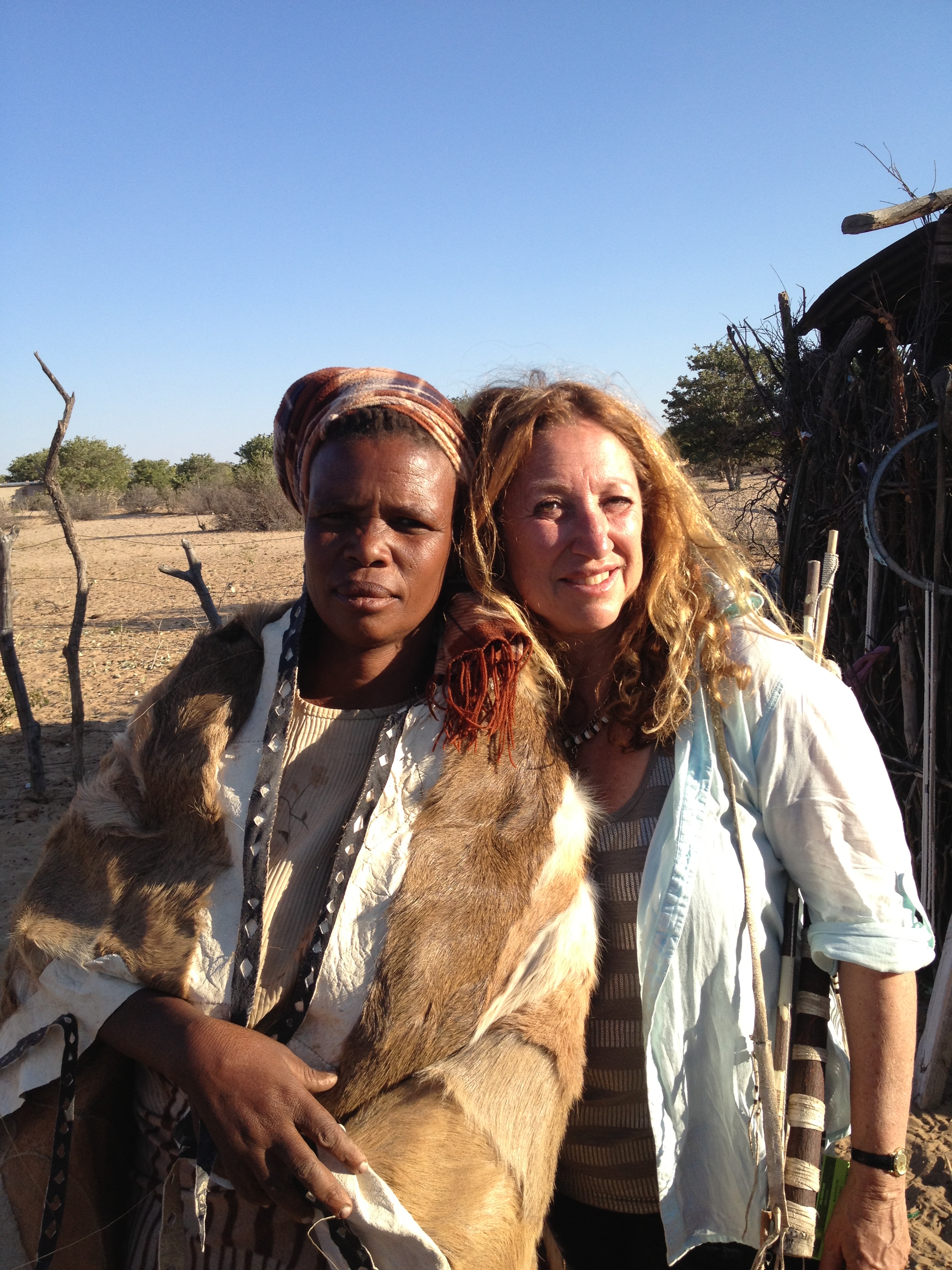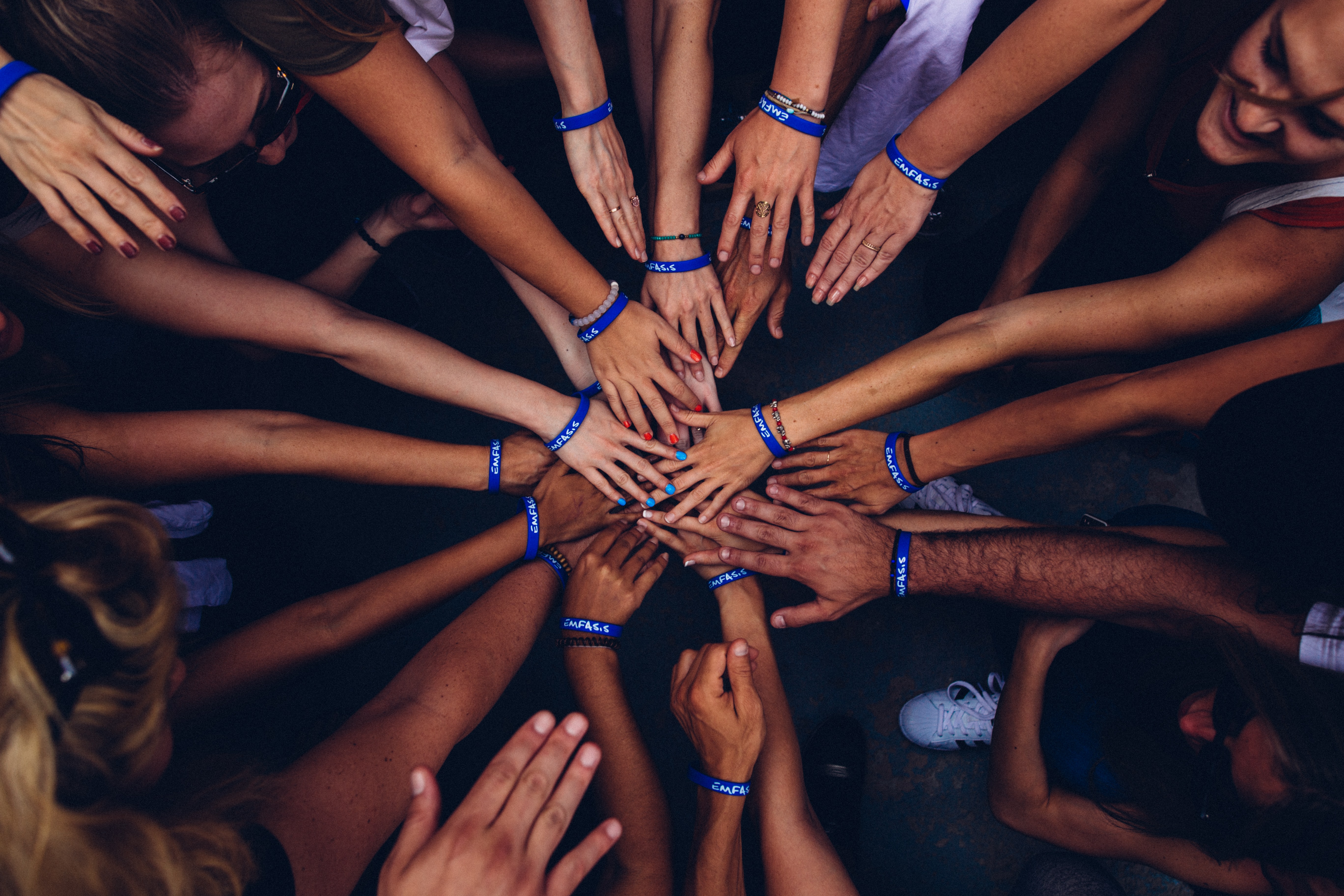I remember the day in 1985 when I officially became an American.
Standing proud with my new little American flag in hand, together with about 50 others from all over the world, I recited the Oath of Allegiance to what I hoped, no assumed, was a country and a future that stood for freedom of democratic ideals, and a great moral and economic future.
This is how the USA sold its brand internationally, and as a tired, demoralized person from Apartheid South Africa, I was excited to leave behind a country at that time morally bankrupt, with an official policy that ratified subjugating the majority African population to further the advantages of the privileged White few.
Imagine my shock, when not long after this momentous moment, someone asked me where I grew up, (my accent gave me away) and when I told them, they muttered “the Government there is doing the right thing”. Emphatically I stressed that I left because I did not agree with a policy that discriminated against people based on any criteria whatsoever. I had assumed that living in post Jim Crowe USA that sort of discrimination was a thing of the past.
How naive I had been.
It’s difficult, if not impossible to put oneself in another’s shoes. As a practicing therapist, I know I have a good deal of empathy. But I have met Black people who tell me that I just don’t understand the daily experience of being subjected to an incipient racism that permeates their every waking moment. Yes, I had lived in a pretty chauvinistic society where being a woman I was always considered somewhat inferior by many men. Yes, I am Jewish, and I and my fellow Jewish students, were kicked out of math class for a whole year when I was 14 by an anti-Semitic teacher. So, I know the sting of prejudice. I had teachers who had been in Nazi concentration camps and who valiantly tried to hide the numbers forever branded on their arms. I was all too aware of their pain. I have worked in liberal student organizations, and belong to an organization that promotes peace between Israelis and Palestinians. I consider division into self and other to be ultimately illusionary on a deeply spiritual level, and I attempt to bridge that perceived divide whenever I can.
But I was also born with a White skin, and that has afforded me a lot of privilege that I, like many others, have taken for granted. It is so subtle that one does not even notice it one way or another. Unless of course you don’t have it. And this I have come to learn the hard way through the experiences and pain of friends and the people I care about. Daily they experience what it means when people are fearful of them just because they look different.
So, what can I do? What should I do?
Naturally I can’t change the color of the skin I was born with. Nor the country where I was born. I do not feel that I need to apologize for who I am. But I know I need to be aware and conscious of the choices I make that can cause pain and hardship. And this means being more conscious of all my decisions.
This means being brave enough to examine the inner dimensions of my choices. To step out of my comfort zones and push to boundaries of discomfort in order to grow spiritually and morally and uphold the imperative of freedom – not only for myself but for others too. To have the courage to face the ways in which I play safe, to listen to my inner truth even if I don’t have the support of those around me, and ultimately to honor the experiences of the people I meet. Sometimes that means fighting so that we all have the same rights, but often that means putting my own experience aside and simply, but deeply, listening to what is going on for them.
If we listen from the heart, and care enough to find out why the Black Lives Matter Movement say it’s not ok just to say all lives matter, we may begin to understand. Of course, all lives matter. But that’s not the point. If a person asked you if you like them, it would be cruel to say “I like all people”. That looks, and feels, dismissive. They want to know whether you specifically like them. By the same token, it’s important that we acknowledge that Black Lives Matter.
Let’s really, really hear that. And then live and act accordingly.


